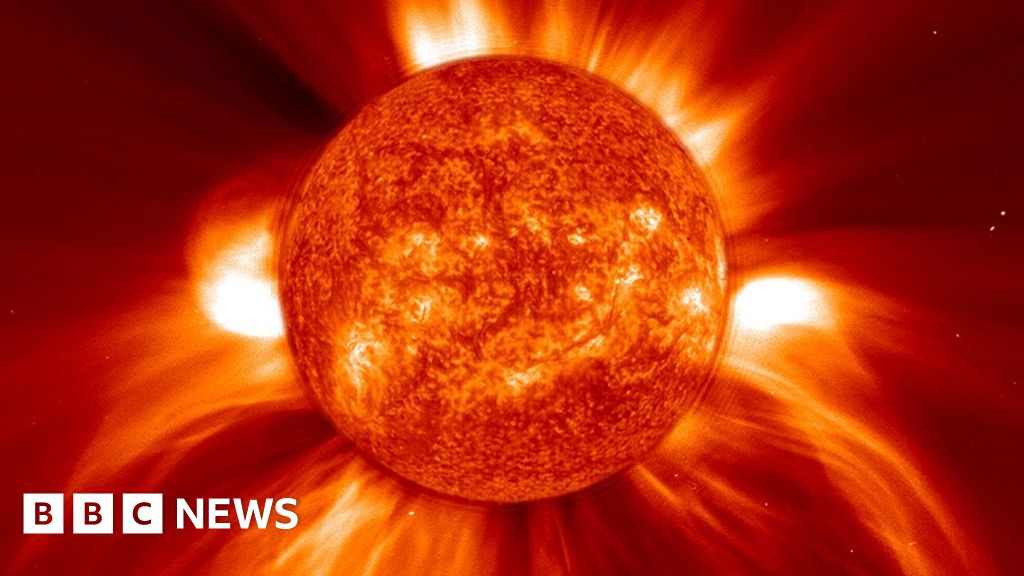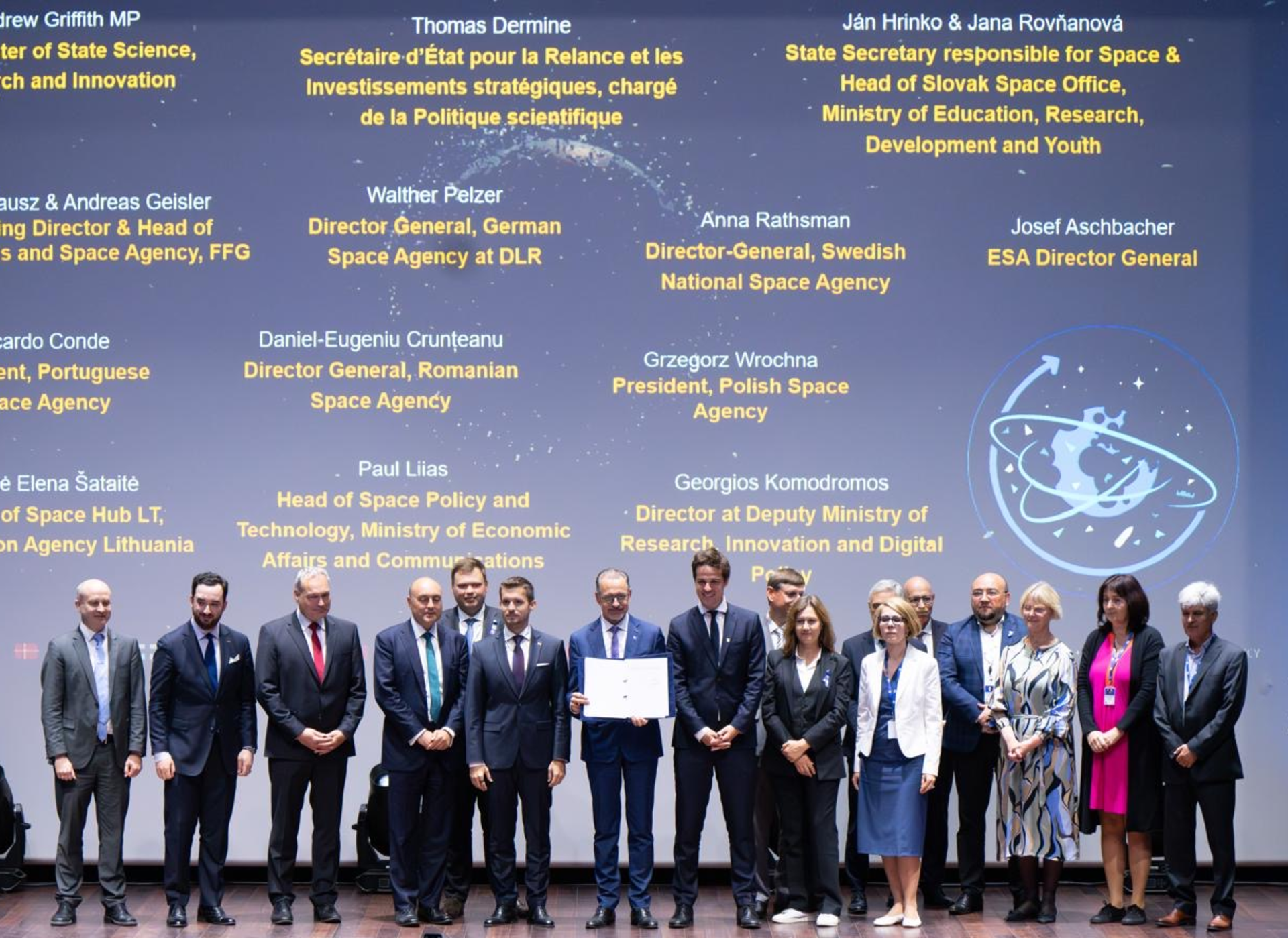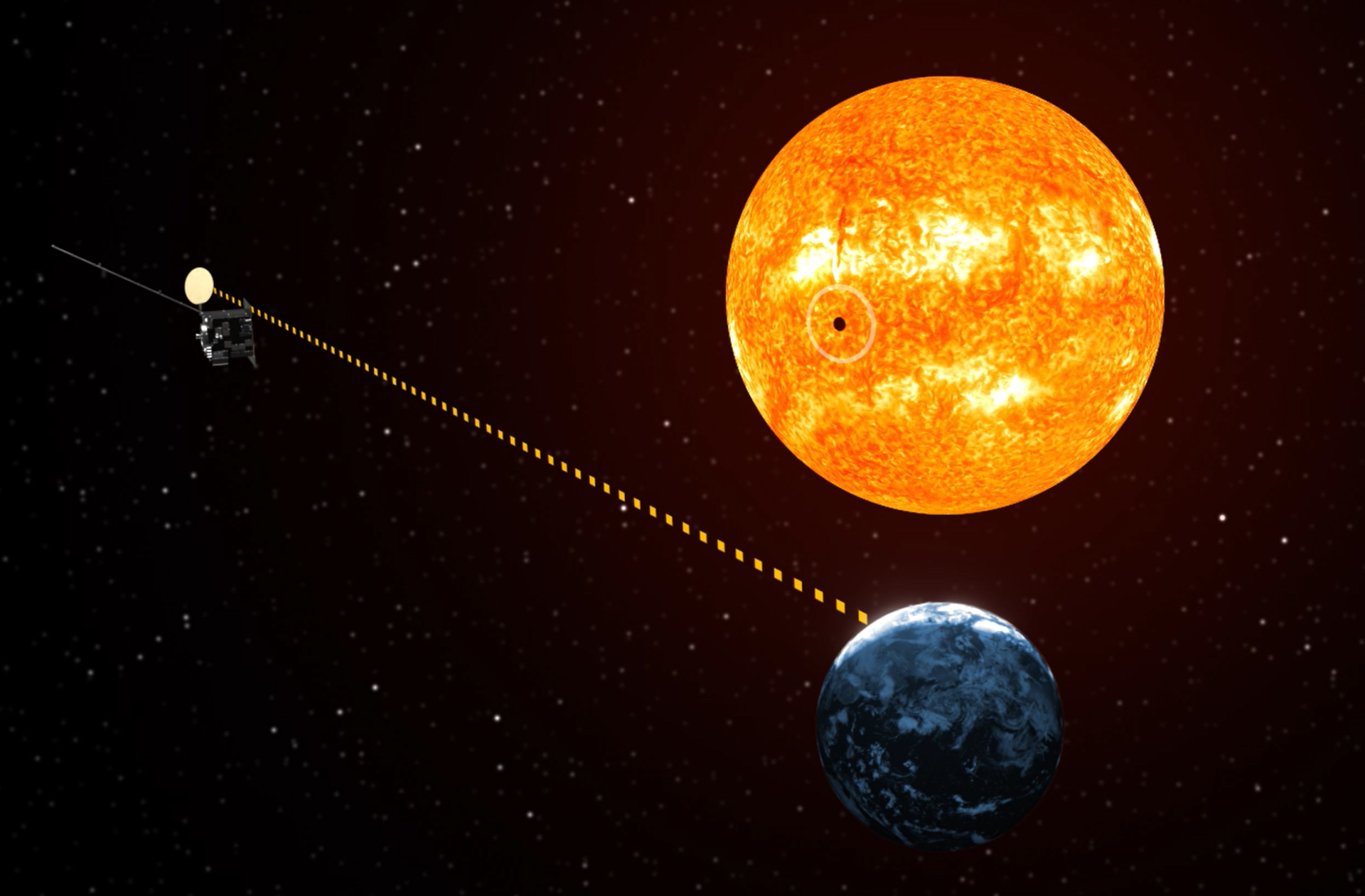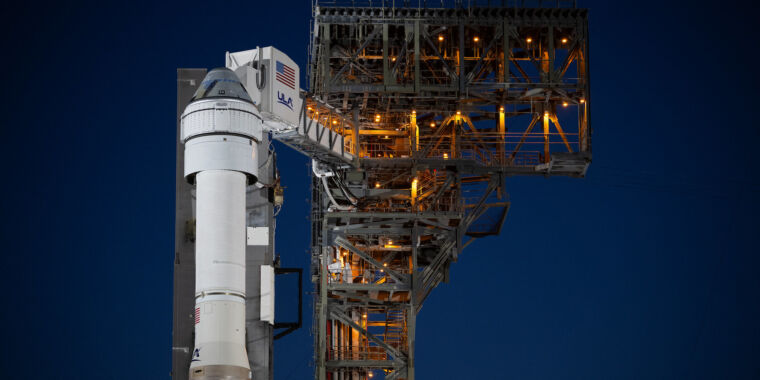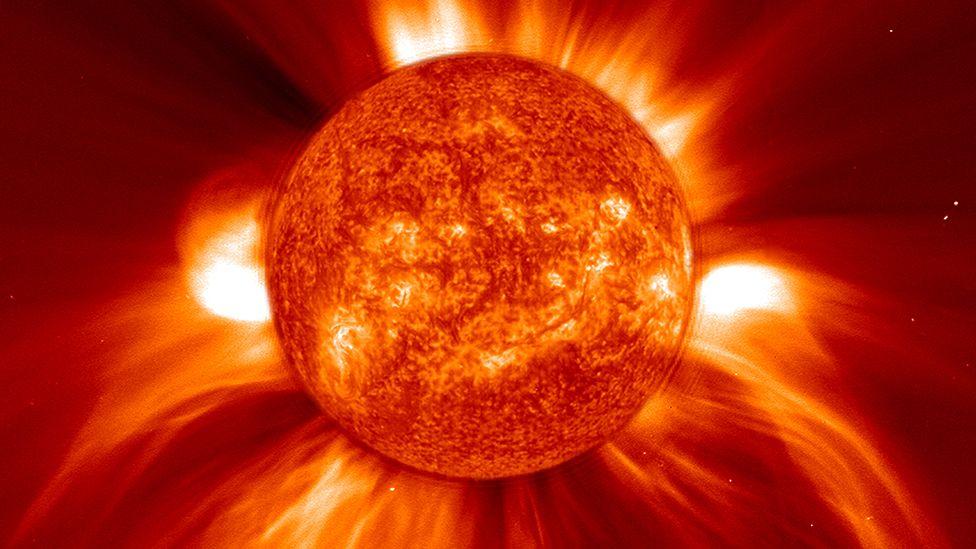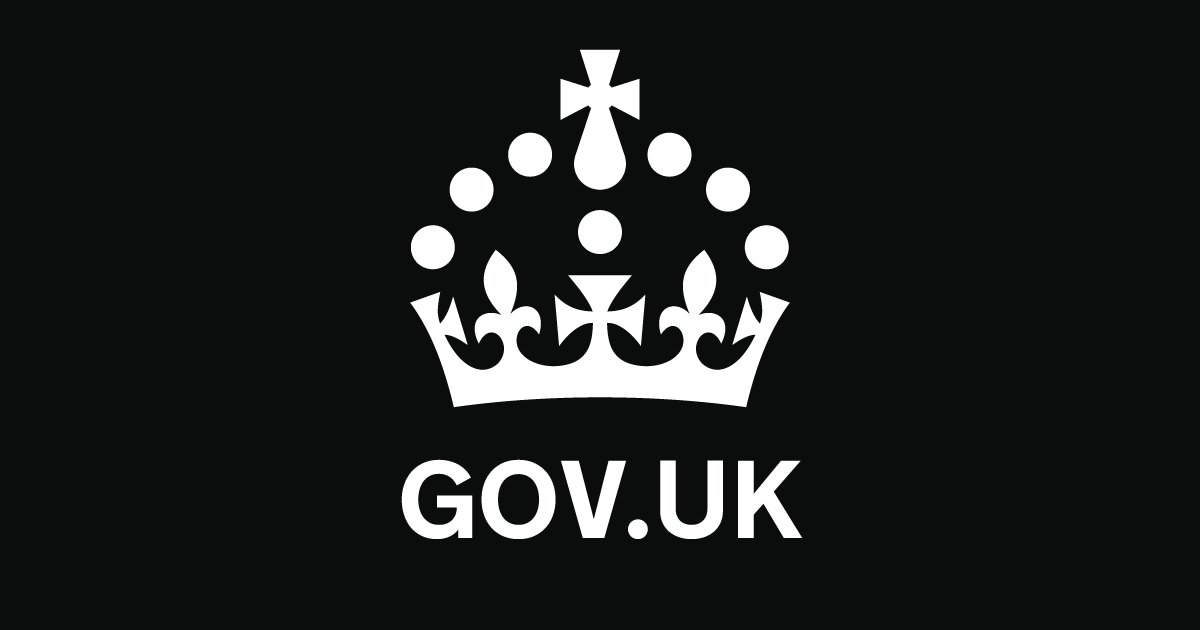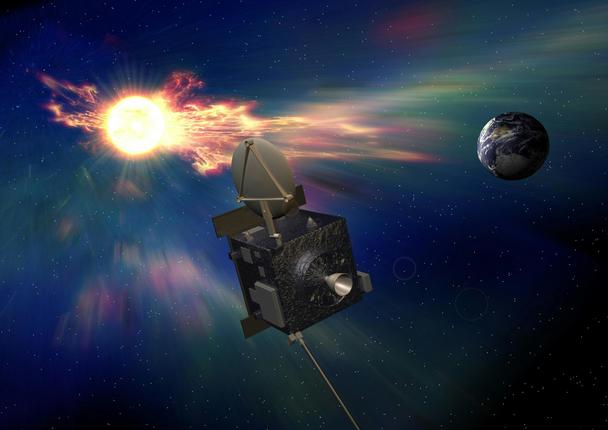European Space Agency’s Airbus UK to Lead Development of Vigil Satellite for Monitoring Sun Storms
Airbus UK has taken the lead in developing a new satellite named Vigil, aimed at monitoring the Sun for potential energetic outbursts that could affect Earth. This announcement comes in light of a recent major solar storm that hit the planet, creating stunning auroral displays in the skies worldwide. Vigil, set to be launched in 2031 as a European Space Agency (ESA) mission, will be positioned 150 million km away from Earth, offering a unique perspective on solar flares and coronal mass ejections (CMEs) that can impact communication and navigation systems. With Vigil’s advanced vantage point, scientists anticipate a significant increase in early warning time for potential space weather events, providing crucial time to track and predict solar activity accurately.
New Satellite Vigil to Provide Advanced Warning System for Solar Storms
The development of the Vigil satellite by Airbus UK marks a significant step towards enhancing our ability to monitor and predict solar storms. With its strategic observing position between the Sun and Earth, Vigil will offer critical insights into solar flares and CMEs, allowing for a more extended forecasting window of potential space weather events. By leveraging advanced instruments and technology, including a coronagraph and heliospheric imager, Vigil aims to provide vital data on solar activity, enabling better preparedness and response strategies for any adverse impacts on Earth’s infrastructure. The recent signing of the €340m industrial contract for the Vigil mission underscores the growing importance of space weather forecasting in safeguarding our planet from the effects of solar disturbances.
Space Council Announces Vigil Mission and Astronaut Assignments for ISS Long-Duration Flights
The European space council in Brussels witnessed several key announcements, including the initiation of the Vigil mission by Airbus UK and the selection of European astronauts for long-duration flights to the International Space Station (ISS). The launch of Vigil, scheduled for 2031, signifies a significant milestone in space exploration, offering a dedicated satellite for monitoring solar storms and enhancing our understanding of space weather phenomena. Additionally, the selection of French test pilot Sophie Adenot and Belgian biomedical engineer Raphaël Liégeois for extended missions on the ISS underscores Europe’s commitment to advancing human spaceflight capabilities. As we look towards a future of increased space exploration and scientific discovery, initiatives like the Vigil mission and astronaut assignments pave the way for new frontiers in space research and technology.
